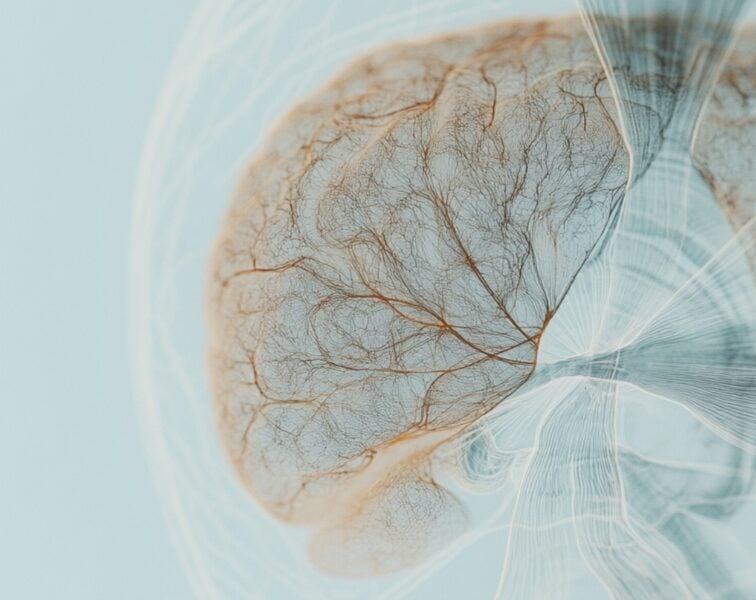This clip is from episode #138 – Lauren Miller Rogen and Richard Isaacson, M.D.: Alzheimer’s disease prevention—patient and doctor perspectives, originally released on November 23, 2020.

Show Notes
Gender
- Richard was first inspired to better understand the greater Alzheimer’s risk among women after prodding from Maria Shriver
- Peter points out that women living longer has been proposed as the reason for greater Alzheimer’s risk, but that this does not explain all of the difference
What Richard believes to be happening in women:
- Perimenopause is a “brain disease”
- During perimenopause there are metabolic shifts in the brain that can predispose to acceleration of Alzheimer’s pathology
- He also believes that this is underappreciated and can be countered with appropriate use of estrogen replacement
- The disruption of sleep, the brain fog, problems with processing speed and attention, are all symptoms of perimenopause
- Perimenopause transition is a huge unrealized risk factor for progression to dementia in an Alzheimer’s susceptible woman
- Lauren’s mother’s hysterectomy was likely a contributing factor in her progression
“If you want to fast forward brain aging in a woman . . .An E4/E4 woman, a surgical menopause, meaning taking out the ovaries with the uterus, wow, that could do it.” —Richard Isaacson
- Other factors contributing to risk in women:
- Widowhood:“widowhood is a astronomically important risk factor for cognitive decline and dementia”
- Abdominal obesity: women with an enlarged waist circumference have a 39% increase in dementia risk
- Interestingly, in men, muscle mass is a more important predictor than body fat, but we do not yet know why
- Richard is currently doing a study involving comprehensive brain imaging in men and women between the ages of 40-65 and will hopefully be able to determine the reason for this difference between men and women



